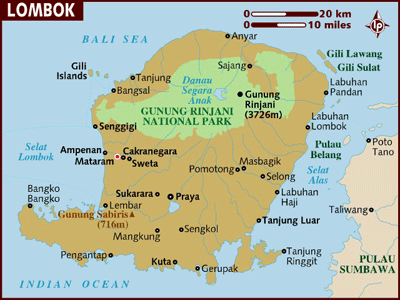
Since 1936, Escher’s work had become primarily focused on paradoxes, tessellation and other abstract visual concepts. This print, however, is a realistic depiction of a simple image that portrays two perspectives at once. It depicts an unpaved road with a large pool of water in the middle of it at night. Turning the print upside-down and focusing strictly on the reflection in the water, it becomes a depiction of a forest with a full moon overhead. The road is soft and muddy and in it there are two distinctly different sets of tire tracks, two sets of footprints going in opposite directions and two bicycle tracks.
I'm using it as an illustration to introduce a spiritual reflection on the puddle as a metaphor for the human ego. The Ocean is often used as a metaphor for The One as in the Ocean of Forgiveness, the Ocean of Mercy and the Ocean of Compassion. In light of that I thought that a puddle is an appropriate and complementary metaphor for any centre of consciousness that is identified with its separateness, as is most human consciousness. A puddle is defined at Answers.com as a small pool of water, especially rainwater. If you think of yourself as a puddle then it is hard to feel self-important. A puddle is essentially transient. It owes its existence to the rain that falls from the sky, rain that came from the ocean originally. A puddle will soon disappear when the sun breaks through and evaporates its contents. In essence it is one and the same with the ocean that provided that content. As humans, we identify with the form of our puddle and forget that it is merely a temporary container for the water that circulates ceaselessly via the water cycle, always arising from and eventually returning to the ocean.
Of course when the surface of the puddle is perfectly still, it reflects the sky above it, the sky that brought the rain that created the puddle in the first place. If we can become still enough, we can glimpse that we are part of something much larger than the little puddle with which we have been identifying. We can then appreciate how really limited we are, that we are only puddles of forgiveness, puddles of mercy, puddles of compassion. I can forgive a little and I have a capacity for mercy and compassion but such qualities are most definitely finite. I am circumscribed in every possible way as long as I remain immersed in puddle consciousness.
More commonly the metaphor for the individualized consciousness is that of a drop or bubble within the ocean. Eventually the drop or bubble bursts and becomes one again with the ocean that it was always a part of. All metaphors are limited when confronting the ineffable but I find the puddle versus ocean metaphor a useful way of conceptualizing my relationship with The One, a term by the way that I'm preferring to use nowadays in preference to the G word that now carries too much baggage to be useful.









 .
. 


















